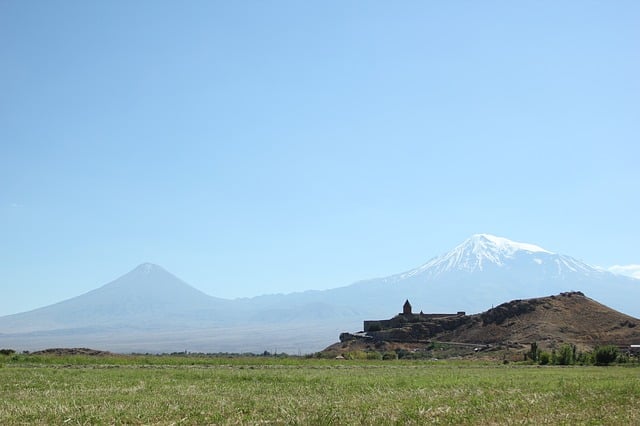A team of palaeontologists examined fossils found on Turkey’s highest mountain and discovered that the area surrounding Mount Ararat was close to the shores of an ancient sea in the early Miocene period.
The fossils were found during an expedition around Mount Ararat in Ildir province and were handed over to specialists at Ildir University and Ataturk University for investigation.
The results of the studies carried out on the fossils revealed that they contained fragments of ancient palm leaves that only grow in the sea. According to Daily Sabah, the fossils are 23 to 55 million years old.
According to scientists, this proves that Mount Ararat was at the time by the sea or the ocean. The water did not retreat from its foot at least until the Miocene period, which began about 23 million years ago.
After obtaining these results, palaeontologists inspected the places where the fossils had been discovered and found additional samples of ancient leaves, which also often grow only in the coastal strip. This corroborated the facts and scientists only then stopped thinking about a possible correction of their conclusions.
Mount Ararat, with its snowy peak, is the highest in Turkey and attracts many tourists, as it is known from Biblical stories where it is said that Noah’s Ark landed there
